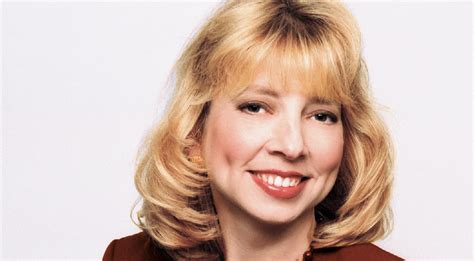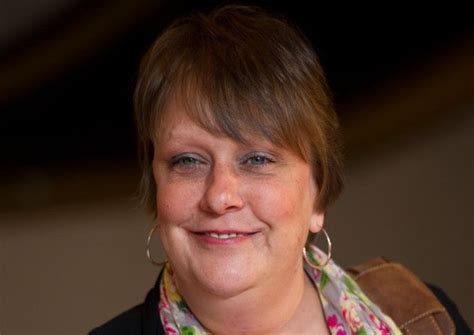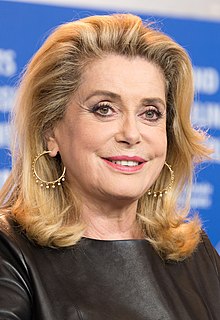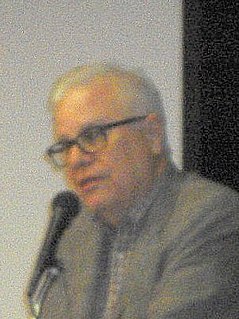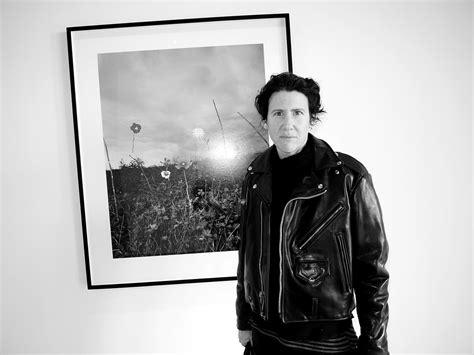A Quote by Teresa Medeiros
As all-consuming as a young girl's fancies were ... a woman's desires could be twice as dangerous.
Related Quotes
This is the question I'm asking: Do Americans live twice as long because they consume twice as much energy as Europeans? Are you people twice as smart as the average Frenchman? Do you enjoy life twice as much as the average Danish guy? What have we gotten for consuming twice as much energy as Europe? What have we gotten in return?
For me, 'I Am Woman' is all about transition. I turned 21 in December, so I'm not completely grown up yet but I'm not a little girl anymore. Just in that in-between stage. The song is everything I have ever heard a woman say. I loved this song for me and every young lady, girl and woman to be able to feel empowered in being female.
When I look in the mirror I see the woman I knew I wanted to be as a child. When I was a young girl, I had a vision of the woman I wanted to be. And I often reached out to women of color in America for inspiration. My mother would regularly buy Essence and Ebony. I would look at those magazines filled with images of professional, intelligent women of color who knew who they were, who enjoyed who they were, and who were surrounded by other people who enjoyed who they were. When I look in the mirror, I'm really glad that that's what I see today, but it took awhile to get here.
Every time you have a desire, in a certain sense you have a goal, something you would like to be, do, or have. Some desires are merely passing fancies, but others stay with us and go deeper. Our desires and our goals give us direction and focus. They help point us down our path of action in our life.
Having a boy play a girl (and when I say 'play a girl' I don't mean that he is represented as a girl, because he is represented as a young man) is complicated. He knows he's looking at photographs of a girl and copying those poses. So the audience sees him as a man, but he can only see himself as a woman, because that's the model he's looking at. It was a really interesting exchange.
It just struck me as really odd that there were all of these conversations going on about what young women were up to. Were young women having too much sex? Were young women politically apathetic? Are young women socially engaged or not? And whenever these conversations were happening, they were mostly happening by older women and by older feminists. And maybe there would be a younger woman quoted every once in a while, but we weren't really a central part of that conversation. We weren't really being allowed to speak on our own behalf.
